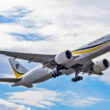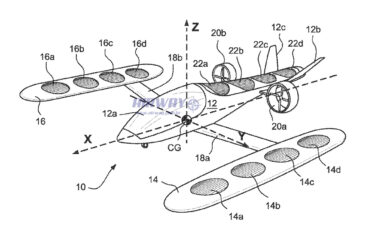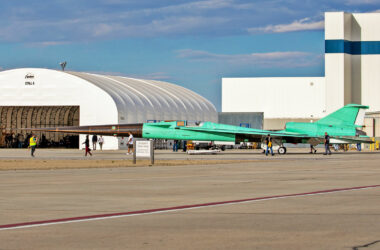Rolls-Royce announced on Monday that it had successfully carried out the first test of an aircraft engine running on hydrogen. Ground testing took place in an outdoor test facility at the MoD Boscombe Down military facility in the UK.
For this, Rolls-Royce adapted the AE 2100-A turboprop engine, which equips aircraft such as the C-130J and C-27J to run on hydrogen. Fuel was provided by EMEC (European Marine Energy Centre), which was obtained by a clean process.
The project has the support of the low-cost airline EasyJet and is inspired by the UN’s global Race to Zero campaign, which aims to achieve zero carbon emissions by 2050.
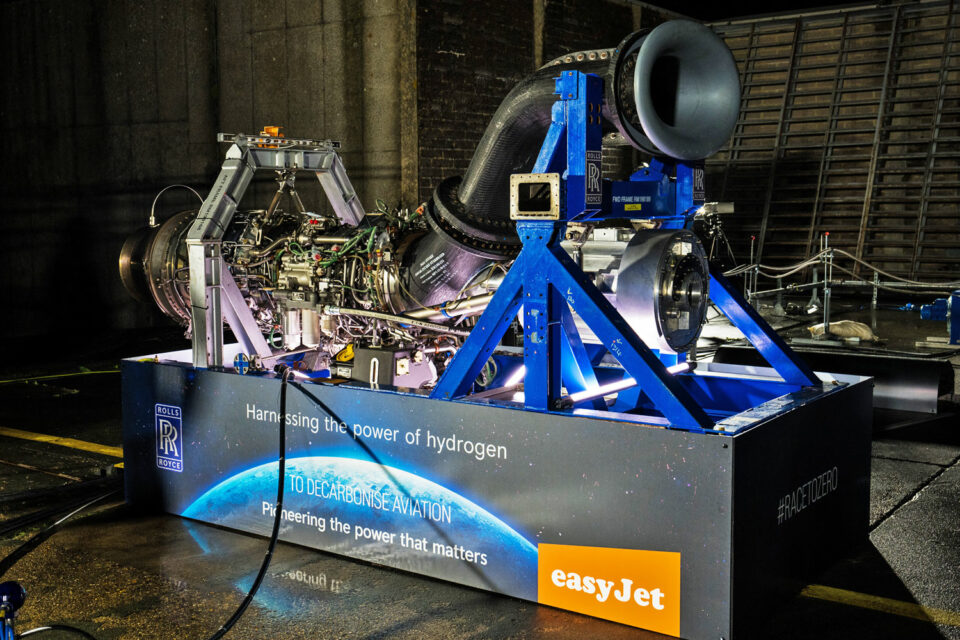
“The success of this hydrogen test is an exciting milestone. We only announced our partnership with easyJet in July and we are already off to an incredible start with this landmark achievement. We are pushing the boundaries to discover the zero carbon possibilities of hydrogen, which could help reshape the future of flight,” said Grazia Vittadini, Rolls-Royce Chief Technology Officer.
According to the British engine manufacturer, the next step will be to analyze the results of ground tests to support the development of a hydrogen version of the Pearl 15 jet engine.
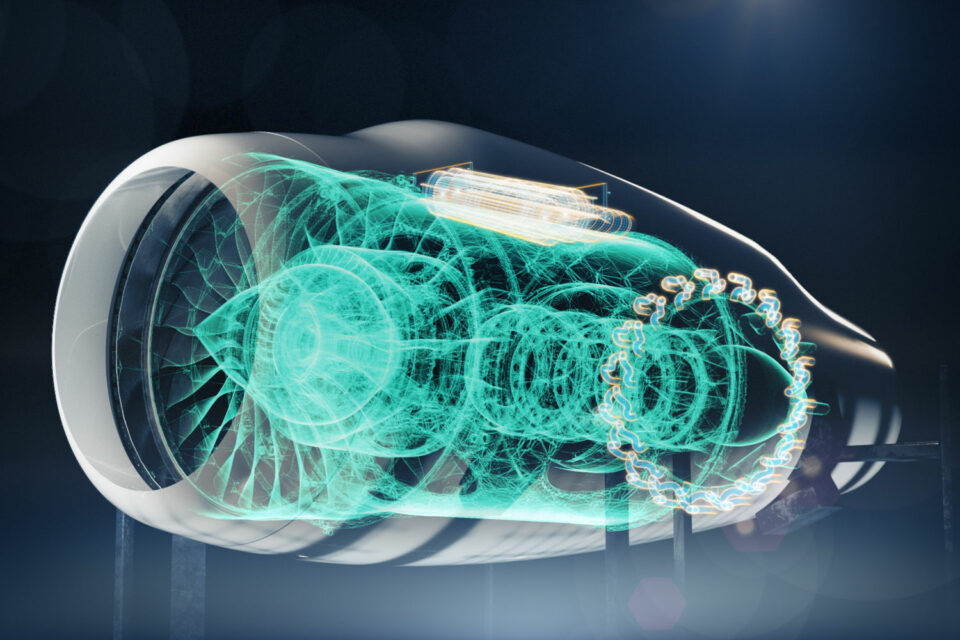
Engine for small planes in mid-2030
In July, Rolls-Royce announced plans to develop engines with hybrid-electric and hydrogen technology. The goal is to bring a green propeller to the market for small and medium-sized aircraft in the mid-2030s.
The company also participates in studies with Embraer and the airline WiderØe for the development of regional aircraft with both hybrid-electric and hydrogen propulsion.
Hydrogen is pointed out by Airbus as the most promising technology to reduce emissions in large commercial aircraft. Boeing is still reluctant to consider this gas as an ideal solution in the future.



